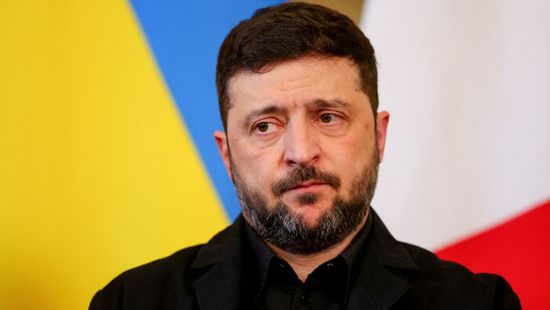Futótűzként terjed Zelenszkij bánata: közel a megegyezés Trump és Putyin között, Európának nem osztottak lapot

Egyre közeledik a megállapodás az amerikai és az orosz elnök részéről a háború lezárására. Ugyanakkor az EU-nak nem osztottak lapot.

Tuesday, protesters had called for a million people to gather in the square. By lunchtime it was packed, the atmosphere was as carnival-like.
„There are also Egyptians who are worried about the effects of the national hiatus, about a power vacuum, about economic confusion, missing police, closed shops, and a disrupted tourist season. This is felt in ways large and small. On my way to the march, outside the grand edifice of a burned-down police station, in the central district of Saida Zeinab, a middle-aged woman in a black djelabaya wrapped in a black shawl, sitting on a stoop, was indignant. She usually sells small trinkets and things for two and a half pounds from a stall down the street from the police station. You see how they wrecked our buildings, and what they did to our country. Those animals! she said. What’s wrong with them? He — Mubarak — is only trying to please them. She bemoaned the dislocations—no one could go to work, or shop at her stall.
Surreally enough, in the square this afternoon, I met a young member of Mubarak’s NDP party, Mahmoud Ibrahim, a lawyer. He had just come to check out the demonstrations with a friend. He said that he had tried to go to a pro-Mubarak rally, called for in front of the Foreign Ministry, but there were only two hundred people there. (In contrast, the crowd in Tahrir Square, by the afternoon, was estimated in the hundred of thousands.) Ibrahim described himself as a liberal, and said that people had a right to free expression, but for him it had been a rough week. He was especially upset at the burning of his party’s headquarters on Friday. Mubarak, he said, deserved a better exit than this. I am worried about the future. One of the most important things is stability. Now we have the military on the streets, and there are no police. But I noticed that he spoke of Mubarak in the past tense. If there had to be an alternative, he wanted to see Omar Suleiman, Mubarak’s abruptly appointed vice-president, take over. I believe in reform from inside the system, he said. He looked at the massing crowds around him, and shook his head, as if he couldn’t quite believe what he was seeing. I didn’t expect this revolution, he said simply.”